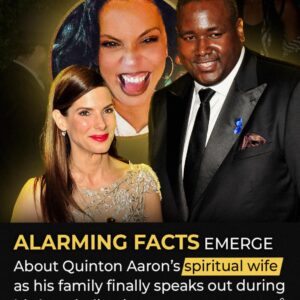When I was 40, my world collapsed with one sentence: “You have cancer.” Everything froze. My husband, Nathan, couldn’t handle it. He said it was “too hard for Hazel to see me like this,” packed their bags, and left. At first, he promised it was temporary, that it would help our daughter cope. But the calls slowly faded, the visits stopped, and then one day a thick envelope arrived—divorce papers. Nathan had already moved on to someone new, someone “healthy” and easy, while I was fighting for my life.
Because I was sick, he was granted full custody, a blow that hurt almost as much as the diagnosis. Still, I fought—fought through treatments, fought through loneliness, fought because I wanted my daughter to know her mother never gave up on her. Months later, against all odds, I beat cancer. Weak but determined, I prepared for my first weekend visit with Hazel in far too long, clinging to the hope of seeing her smile again.
I drove to their house, rehearsing what I’d say, imagining Hazel running into my arms. But when I knocked, it wasn’t Nathan who opened the door—it was Sarah, his new wife. Her face twisted in surprise and annoyance. “You? Can’t help. You’re NOT seeing Hazel.” My heart dropped. I stammered that it was my scheduled day, that Nathan had agreed. She rolled her eyes and said, “Oh God… did Nathan not call you? We decided it’s best she stays with us. You’re too… unstable.”
Her casual cruelty hit harder than chemotherapy. In that moment, I saw the truth: they hadn’t just replaced me in the home—I had been erased. But as I stood there, shaking, something inside me shifted. I had survived the worst battle of my life. I wasn’t going to lose my daughter without fighting back. And as the door slammed in my face, I made myself a promise: Hazel would know her mother didn’t disappear—she was pushed away, and she would push back.





